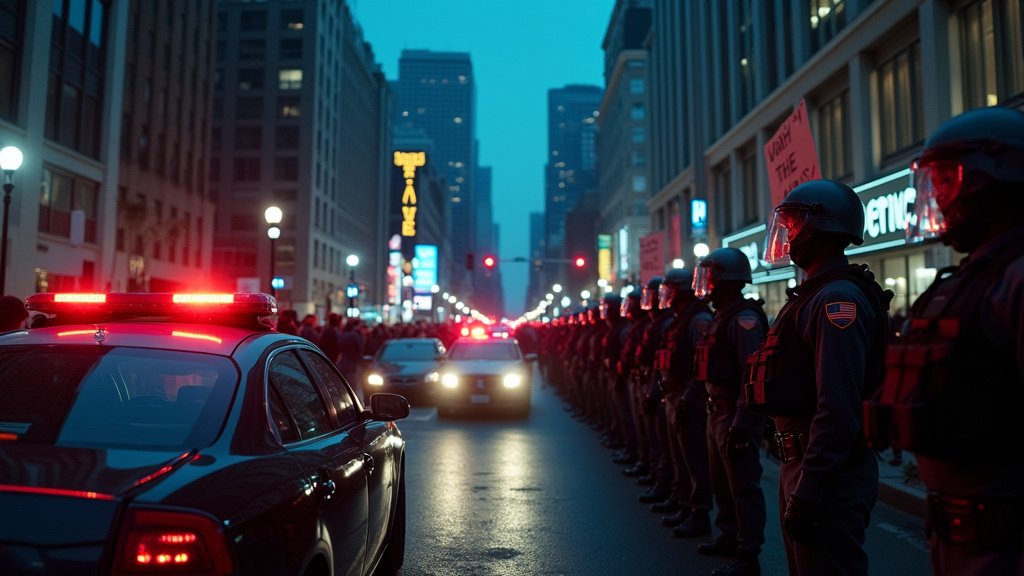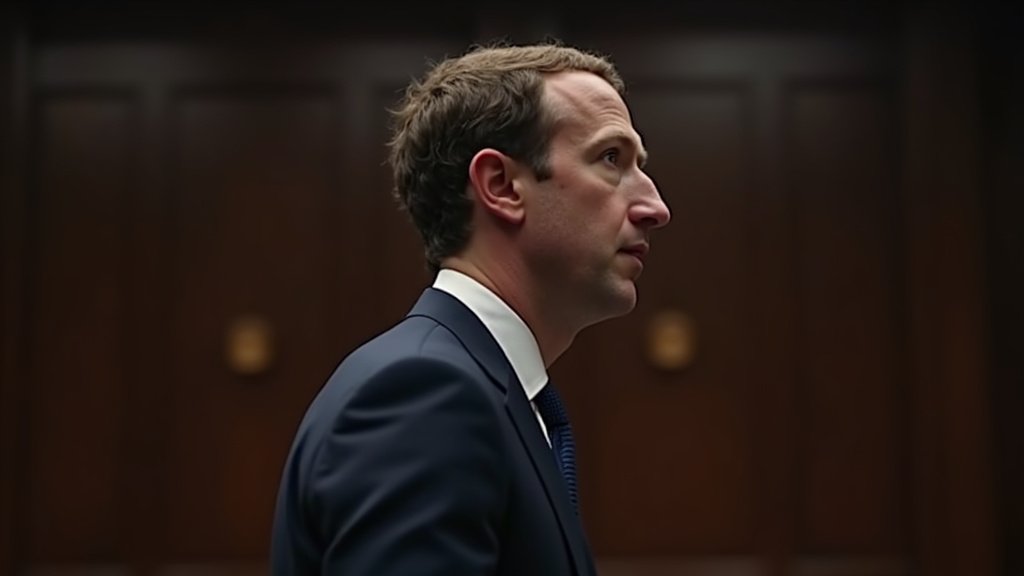The Pentagon has directed the withdrawal of 2,000 National Guard troops from Los Angeles, a move that follows significant controversy and legal challenges related to their deployment. The decision, announced by Pentagon officials, marks a reduction in the military presence initially deployed to address protests and support immigration enforcement. The initial deployment involved over 4,000 National Guard members and hundreds of U.S. Marines. This reduction comes after sustained public demonstrations and legal action challenging the federal government’s actions.
Background of the Deployment
The initial deployment of National Guard troops and Marines was triggered by widespread protests in response to immigration raids conducted by Immigration and Customs Enforcement (ICE) agents. These raids commenced on June 6, prompting immediate and sustained demonstrations throughout Los Angeles. The protests focused on the enforcement activities of ICE, leading to significant public outcry and mobilization against the federal government’s immigration policies. The presence of military personnel within the city drew further criticism and intensified the already volatile situation.
Justification for Withdrawal
The Pentagon’s rationale for the troop reduction was articulated by Sean Parnell, the chief spokesman for the department. Parnell cited the “lawlessness in Los Angeles is subsiding” as the primary reason for the withdrawal. This statement suggests that the Pentagon believes the situation in Los Angeles has stabilized sufficiently to warrant a reduced military presence. The justification emphasizes the improvement in the city’s conditions as a key factor in the decision-making process.
Legal and Political Repercussions
The Trump administration’s actions regarding the deployment faced immediate legal challenges. California Governor Gavin Newsom, a vocal critic of the administration, filed a lawsuit against the President, alleging that the deployment of the National Guard violated the Constitution. The lawsuit specifically claimed that the President had overstepped his authority by taking control of the California National Guard, thus infringing upon state jurisdiction. The legal action underscored the significant political tensions and constitutional concerns arising from the federal government’s use of military forces within the state.
Reactions from Local Leaders
Local leaders responded with varying degrees of approval to the Pentagon’s decision. Los Angeles Mayor Karen Bass expressed her satisfaction with the troop reduction. Mayor Bass attributed the Pentagon’s decision to the public’s consistent protests against the military presence within the city. Her statement reflects a positive view of the situation and a sense of vindication for the city’s efforts to oppose the deployment.
Historical Context and Significance
The deployment of National Guard troops and Marines in Los Angeles, followed by a subsequent reduction, represents a significant development in the ongoing debate over immigration enforcement and the use of federal military resources in domestic contexts. The initial deployment, occurring in response to protests related to ICE raids, highlighted the deep-seated political and social divisions within the community. The legal challenges from Governor Newsom and the subsequent reduction of troops exemplify the complex interplay between federal and state powers. The events underscore the importance of public protest and legal action in shaping the federal government’s policies and actions. The situation serves as a case study for how political tensions and legal battles can influence the government’s approach to domestic issues.
Future Implications
The reduction in troop presence does not resolve the underlying issues that sparked the initial deployment and subsequent protests. The federal government’s immigration policies and ICE’s enforcement actions remain subjects of intense debate and controversy. The lawsuit filed by Governor Newsom continues to be a matter of legal interest, potentially influencing the balance of power between state and federal authorities. The withdrawal could signal a shift in the Trump administration’s approach, but it also suggests ongoing tensions and the potential for further conflict. The decision highlights the ongoing scrutiny surrounding the use of military forces in domestic settings.





